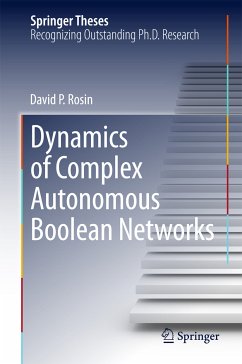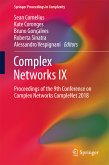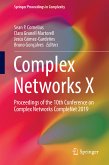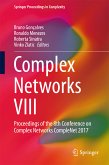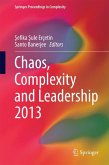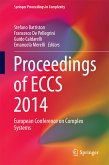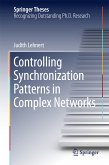This thesis focuses on the dynamics of autonomous Boolean networks, on the basis of Boolean logic functions in continuous time without external clocking. These networks are realized with integrated circuits on an electronic chip as a field programmable gate array (FPGA) with roughly 100,000 logic gates, offering an extremely flexible model system. It allows fast and cheap design cycles and large networks with arbitrary topologies and coupling delays. The author presents pioneering results on theoretical modeling, experimental realization, and selected applications. In this regard, three classes of novel dynamic behavior are investigated: (i) Chaotic Boolean networks are proposed as high-speed physical random number generators with high bit rates. (ii) Networks of periodic Boolean oscillators are home to long-living transient chimera states, i.e., novel patterns of coexisting domains of spatially coherent (synchronized) and incoherent (desynchronized) dynamics. (iii) Excitable networks exhibit cluster synchronization and can be used as fast artificial Boolean neurons whose spiking patterns can be controlled. This work presents the first experimental platform for large complex networks, which will facilitate exciting future developments.
Dieser Download kann aus rechtlichen Gründen nur mit Rechnungsadresse in A, B, BG, CY, CZ, D, DK, EW, E, FIN, F, GR, HR, H, IRL, I, LT, L, LR, M, NL, PL, P, R, S, SLO, SK ausgeliefert werden.
Hinweis: Dieser Artikel kann nur an eine deutsche Lieferadresse ausgeliefert werden.

